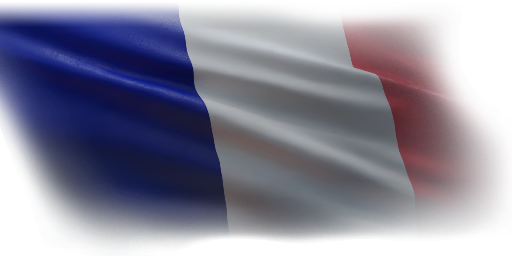
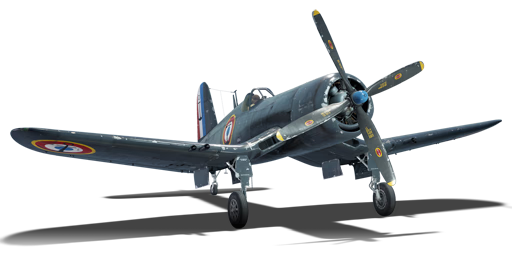


Intended for the French Aéronavale, the F4U-7 was developed to fulfill France's urgent need for a carrier aircraft. America responded to the call with the F4U-7, an F4U-4 airframe with the ground attack capability of the AU-1, a ground attack-focused Corsair. The F4U-7s were some of the last Corsairs to be produced in its long production run of 13 years. France began receiving the new Corsairs in 1953 and retired them 11 years later in 1964. During its service, the F4U-7 saw combat in many places like Algeria and Vietnam. Much like in WW2, F4U-7s flew sortie after sortie with minimal losses.
Introduced in Update 1.79 "Project X", the F4U-7 is one of 5 Corsairs in-game armed with the dangerous 20 mm cannons. Like every other Corsair, it's extremely fast at an astounding 885 km/h (553 mph) but does weigh more than the F4U-4/4B due to its provisions to carry a variety of ordnance. It is a strong plane when it comes to both air-to-air roles and ground attack roles but it also has the highest BR for a cannon-armed Corsair.
flaps
flaps
flaps
brake
| Belt | Belt filling | Armor penetration (mm) at a distance: | |||||
|---|---|---|---|---|---|---|---|
| 10 m | 100 m | 500 m | 1000 m | 1500 m | 2000 m | ||
| HEF-I/AP-T | 36 | 33 | 23 | 15 | 9 | 6 | |
| AP-T/AP-T/HEF-I/HEF-I | 36 | 33 | 23 | 15 | 9 | 6 | |
| HEF-I/HEF-I/HEF-I/AP-T | 36 | 33 | 23 | 15 | 9 | 6 | |
| AP-T/AP-T/AP-T/HEF-I | 36 | 33 | 23 | 15 | 9 | 6 | |
| HEF-I | 5 | 4 | 3 | 3 | 3 | 3 | |
| Belt | Belt filling | Armor penetration (mm) at a distance: | |||||
|---|---|---|---|---|---|---|---|
| 10 m | 100 m | 500 m | 1000 m | 1500 m | 2000 m | ||
| HEF-I/AP-T | 36 | 33 | 23 | 15 | 9 | 6 | |
| AP-T/AP-T/HEF-I/HEF-I | 36 | 33 | 23 | 15 | 9 | 6 | |
| HEF-I/HEF-I/HEF-I/AP-T | 36 | 33 | 23 | 15 | 9 | 6 | |
| AP-T/AP-T/AP-T/HEF-I | 36 | 33 | 23 | 15 | 9 | 6 | |
| HEF-I | 5 | 4 | 3 | 3 | 3 | 3 | |
| Name | Weight | Slot | ||||||||||||
|---|---|---|---|---|---|---|---|---|---|---|---|---|---|---|
| 62.8 kg | 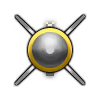 |  |  |  |  |  |  |  |  |  | ||||
| 28 kg | 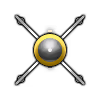 |  |  |  |  |  |  |  |  |  | ||||
| 28 kg | 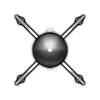 |  |  |  |  |  |  |  |  |  | ||||
| 19 × | 130 kg | 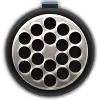 |  |  |  |  |  | |||||||
| 117.9 kg | 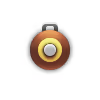 |  |  |  |  |  |  |  |  |  | ||||
| 118 kg | 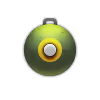 |  |  |  |  |  |  |  |  |  | ||||
| 242.6 kg | 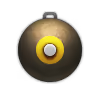 |  |  |  | ||||||||||
| 500.8 kg | 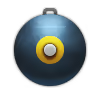 |  |  | |||||||||||












Flight performance | |
|---|---|
Survivability |
|---|
Weaponry | ||
|---|---|---|